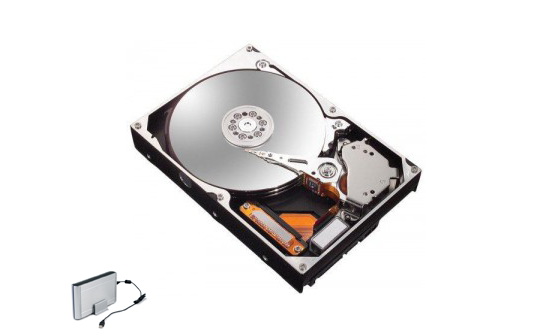From the hottest new tablet to sleek smartphones and laptops, electronic devices are likely to be at the top of many Christmas wish lists this year. From the second the wrapping is removed from our shiny new devices, we begin taking photos, downloading music, sending emails and making the most of our lovely presents.
It doesn’t take long to fill your tablet or smartphone with lots of great content. However, imagine if you suddenly lost all your data through a silly mistake such as leaving your device on a bus or train.  Recent research by Bolton Consulting Group reveals that the total worth of consumers’ data in the EU will reach a staggering one trillion Euro by 2020.
So, to help make sure that it never happens to you, here are some tips to avoid losing your critical data from Mozy, the world’s most trusted provider of online backup and data access services:
1.      Make a copy of everything that’s important to you. This is just common sense, it’s like having a spare set of keys.
2.      Make another copy of everything that’s important to you. CDs get lost, drives fail and anything could happen to your first copy. Unless your data exists in three places, it might not exist at all.
3.      Store at least one copy of your data offsite. Keeping all the copies of your files in the same place is like putting all your eggs in one basket. It’s best to keep a copy offsite in case your house is burgled or you suffer from flooding or a fire
4.      Make sure your backups are current. In a digitally savvy world we are taking more photos and filling up our laptops/smartphone with great content. Make sure you regularly back up your data to make it current
5.      Automate your backups. It’s easy for backups to fall off the bottom of a to-do list so don’t risk it – find a solution that will provide regular and automated backups.
6.      Choose the right medium for your backups. If you’re constantly updating files, DVD copies may be cheap but will quickly go out of date. They might be more appropriate as archives rather than for backup purposes.
7.      Go back and check the copies you’ve made. Regularly carry out a practice ‘restore’ of your personal data such as images and music. This is the best way to ensure your backup plan is working.
8.      Don’t get hung up on backup. Manually carrying out backups, burning disks and dragging and dropping folders can be a chore. Don’t let it take over your life, use a solution that let’s you create rules for what you want to back up so that it can do all the work for you.




